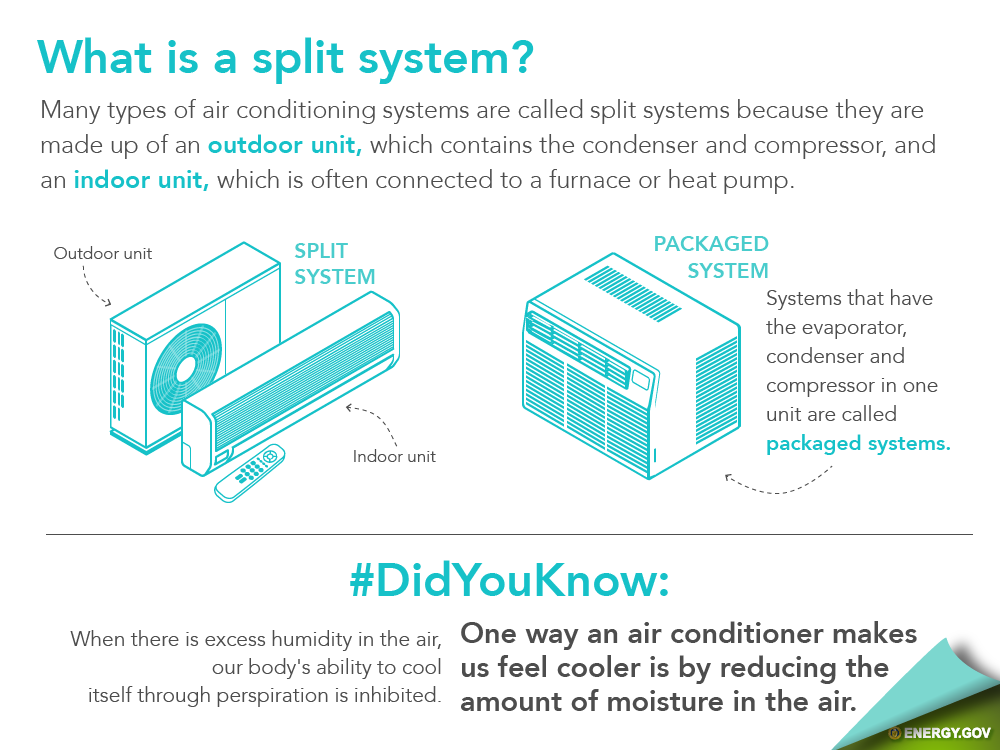When choosing in between air source and ground resource heat pumps, you may find yourself weighing factors like performance, cost, and ecological influence. Each option offers distinctive benefits, however which one straightens ideal with your needs and concerns? As you discover the differences in between these 2 sorts of heatpump, you'll discover vital insights that can lead you towards making an informed decision that suits your special situations. Keep tuned for a much deeper dive into the nuances of air resource versus ground resource heat pumps to help you browse this vital choice.
Performance and Efficiency Contrast
When comparing air resource and ground resource heatpump for effectiveness and efficiency, it's necessary to consider how each system operates in numerous conditions. Air source heat pumps extract warm from the outside air, making them more at risk to fluctuations in temperature. This implies they may be much less reliable in very cold environments.
On link web page , ground source heat pumps make use of secure below ground temperature levels for warmth exchange, supplying more consistent performance regardless of external climate condition. Ground resource heat pumps are generally more energy-efficient in the future as a result of the steady warmth source underground. Additionally, https://rylanjsyfl.fare-blog.com/31312180/a-comprehensive-look-at-heatpump-setup-for-house-owners tend to have a longer life-span compared to air resource heatpump, which might influence long-term performance and upkeep expenses.
Cost Evaluation: Installation and Maintenance
For a detailed comparison between air source and ground resource heatpump, it's critical to assess the expenses connected with their installation and maintenance. Air source heat pumps usually have reduced upfront installation prices contrasted to ground source heatpump. The setup of air resource heat pumps involves much less complicated excavation and exploration, making it a much more economical choice for many homeowners.
However, ground resource heatpump are recognized for their greater performance, which can cause reduced long-lasting energy prices, potentially countering the first installment expenditures in time.
When it comes to upkeep prices, air resource heatpump are generally simpler and less costly to preserve contrasted to ground resource heat pumps. Ground resource heatpump call for periodic examine the below ground loophole system, which can sustain extra upkeep costs.
On the other hand, air source heat pumps commonly call for basic filter adjustments and periodic expert assessments, maintaining maintenance prices relatively reduced.
Think about both the upfront installment costs and long-term upkeep expenditures when making a decision between air source and ground resource heatpump to identify which alternative straightens finest with your budget and demands.
Environmental Influence Evaluation
Analyzing the ecological effect of air resource and ground resource heat pumps is vital in recognizing their sustainability.
Air source heatpump need electrical power to run, which can cause raised carbon exhausts if the power originates from nonrenewable fuel sources. On the other hand, ground resource heat pumps use the steady temperature of the ground to warmth and cool your home, causing reduced energy consumption and decreased greenhouse gas exhausts.
The installment of both types of heatpump includes some degree of environmental impact, such as using refrigerants in air source heat pumps or the excavation needed for ground loops in ground source heatpump. However, ground resource heatpump have a longer lifespan and higher performance, making them an extra environmentally friendly option over time.
Conclusion
When deciding between air resource and ground source heat pumps, consider your environment, budget plan, and environmental objectives. Air source heat pumps are extra cost-effective in advance, however ground resource heat pumps supply greater effectiveness and long-term financial savings. read this post here that straightens with your priorities and requirements for a comfy and lasting heating solution.
